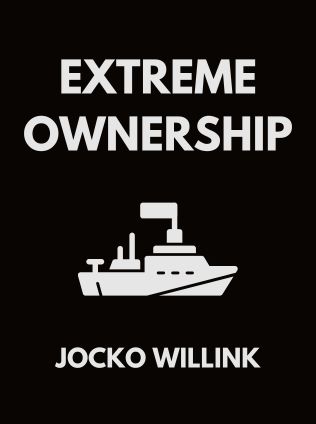
Knowledge@Wharton
On Building Corporate Value
By Robert E. Mittelstaedt Jr.,
Published 11/2002
About the Authors
The book "Knowledge@Wharton On Building Corporate Value: Modern Strategies for Building Corporate Value the Old-Fashioned Way" is a collaborative effort by four distinguished authors: Mukul Pandya, Harbir Singh, Robert E. Mittelstaedt, and Eric Clemons.
Mukul Pandya is the executive editor of Knowledge@Wharton, the Wharton School’s online business journal. His expertise in business journalism has been instrumental in curating insightful content that bridges the gap between academic research and real-world business applications.
Harbir Singh is the chair of the management department at the Wharton School. His academic prowess and extensive research in management strategies bring a theoretical and empirical depth to the book.
Robert E. Mittelstaedt serves as the vice dean and director of the Aresty Institute of Executive Education at the Wharton School. His role in executive education lends practical insights into the strategies discussed, making them accessible and implementable for business leaders.
Eric Clemons is a professor at the Wharton School, known for his expertise in information systems and strategic management. His contributions to the book focus on leveraging technology for competitive advantage.
Main Idea
From the early days of the "dot-com bubble," there were divergent views on the Internet's impact on business. Some believed it would bring immediate revolutionary change, while others saw it as speculative mania. "Knowledge@Wharton On Building Corporate Value" finds a middle ground, suggesting that the Internet, when used creatively and strategically, can be a powerful tool for value creation and sustainable competitive advantage.
This book combines theoretical frameworks with practical business models to offer a comprehensive guide for companies aiming to harness the Internet's potential. It emphasizes the importance of understanding technology's effects, customer behavior, channel conflicts, and the future of online exchanges in building corporate value.
Table of Contents
- Creating Internet Strategies for Competitive Advantage
- Customer Behavior and Internet Strategy
- Managing Risks in Internet Strategy
- Financial Services and Internet Strategy
- Internet Strategy and New Media
- Do Online Exchanges Have a Future?
- Practical Lessons in Building Value
Creating Internet Strategies for Competitive Advantage
For companies aiming to approach their Internet ventures like real businesses, it is crucial to analyze both conceptual strategies and real-world business models to gain a competitive edge. This chapter delves into the three broad conceptual effects of Internet technology: communication, brokerage, and integration.
Communication Effect: The Internet has revolutionized how we search for, store, and transfer information. It has made these processes less expensive, but not free. For instance, many companies that initially gave away content for free to attract traffic later found that advertising revenues alone could not sustain their businesses.
Sign up for FREE and get access to 1,400+ books summaries.
You May Also Like
The Lean Startup
How Today's Entrepreneurs Use Continuous Innovation to Create Radically Successful Businesses
By Eric RiesWho Moved My Cheese?
An Amazing Way to Deal with Change in Your Work and in Your Life
By Spencer Johnson, M.D.Make Your Bed
Little Things That Can Change Your Life...And Maybe the World
By William H. McRavenThe Ride of a Lifetime
Lessons Learned from 15 Years as CEO of the Walt Disney Company
By Robert Iger



















